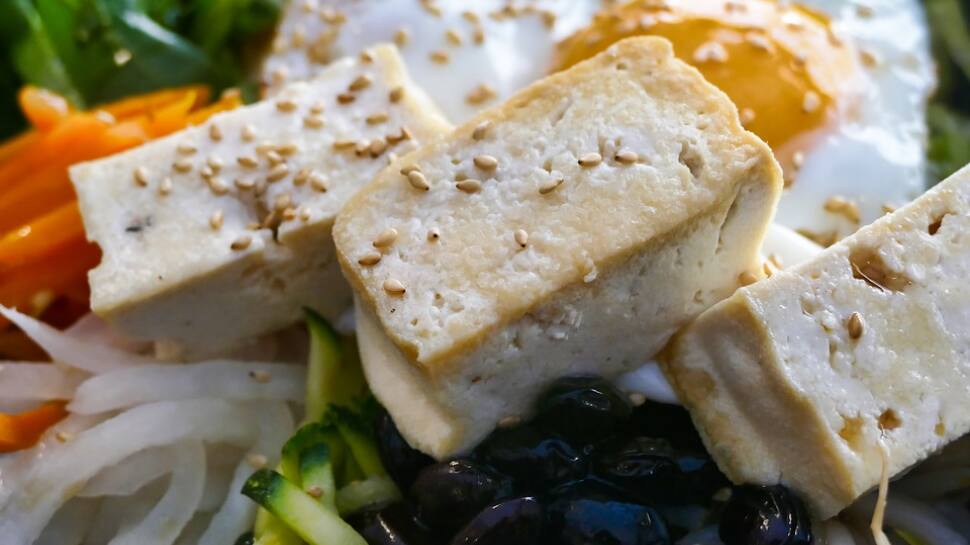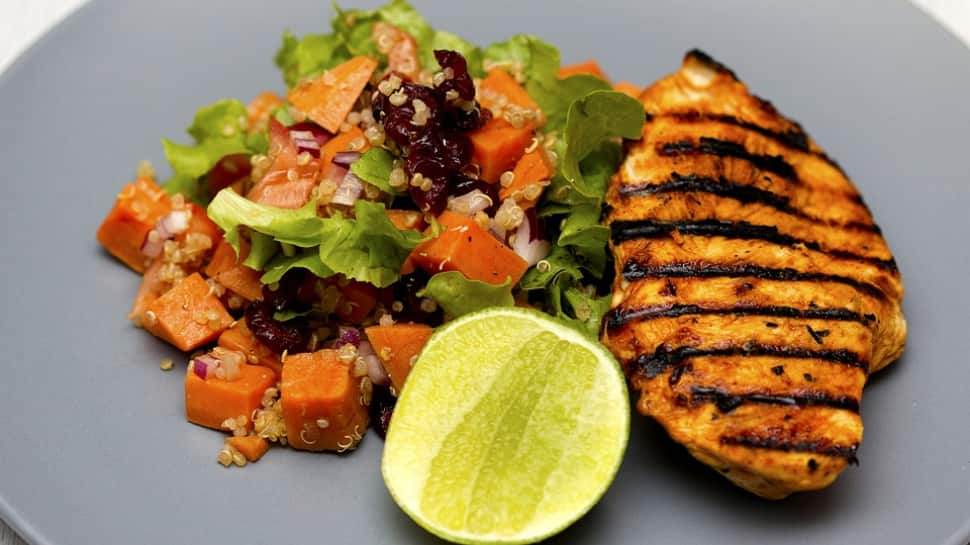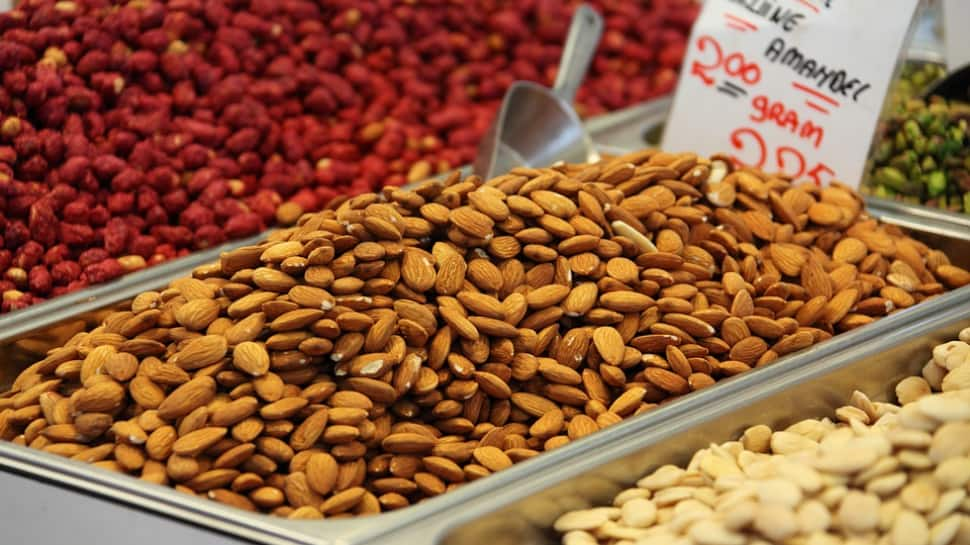Exclusive: From helping in weight loss to boosting immunity - 5 reasons to consume high quality protein
PROTEIN INCREASES MUSCLE MASS AND STRENGTH
)
Our muscles are literally fibres of proteins called actin and myosin. Strength training breaks these protein fibres and when they repair themselves, they repair to become stronger. This “wear and tear” of the muscles is only effective when there is adequate protein in the diet that can be used to repair the muscle fibres. Consuming a protein-rich diet is thus absolutely essential for improving muscle mass and strength.
PROTEIN BOOSTS IMMUNITY

Immunity is the currency of good health, which has taken on mammoth proportions of importance in this post-COVID era. All the signaling chemicals, antibodies, histamines, etc. that trigger the immune response when the body is under attack are protein molecules. In fact, the various cells that regulate immune function in the body, do so by releasing different types of chemicals which are all proteins as well.
PROTEINS AID WEIGHT LOSS AND MANAGEMENT

It is a commonly known fact that a high-protein diet boosts metabolism and assists in weight management. The conscious consumption of good quality, complete proteins through the course of the day helps maintain satiety and curb the excessive craving for calorie consumption, thereby aiding weight loss.
PROTEIN AIDS BONE HEALTH

While bone health is often associated with calcium intake, it is a lesser-known fact that proteins, too, play a role in maintaining healthy bones. In fact, high protein intake is known to have a positive effect on bone health, preventing the risk of osteoporosis amongst individuals and also attenuating post-fracture bone loss in case of injury. 50 percent of the bone volume comes from proteins.
PROTEINS HELP REDUCE BLOOD PRESSURE

In India, high blood pressure is a common and serious ailment, with one in eight Indians suffering from hypertension as per the National Family Health Survey in 2017. A major cause of heart attacks, strokes, and chronic kidney disease, it is of utmost importance to regulate one’s blood pressure. Higher intake of protein-rich foods has shown to lower both systolic and diastolic blood pressure.
HOW MUCH PROTEIN YOU SHOULD INTAKE

While the benefits of high-quality protein are still known, identification of protein sources is the real gamechanger. You want to ensure that you are getting 25 to 30 percent of calories from high proteins. If you are a non-vegetarian, you can consume lean meats like fish and chicken or eggs.
PROTEIN SOURCES FOR VEGETARIANS

Vegetarians should include various types and forms of legumes. Mung bean, kidney beans, various forms of soy (like edamame, tofu, soy milk, tempeh), traditional indian protein-rich foods like Sattu, Wadi and Besan are all great ways of adding legumes to your diet. In addition, nuts and oilseeds like peanuts, almonds, sesame seeds, hemp seeds, etc., dairy products like curd, cheese, milk, grains like quinoa, amaranth seeds and buckwheat, and protein-rich vegetables like spinach, amaranth leaves, mushrooms, etc.
Trending Photos








